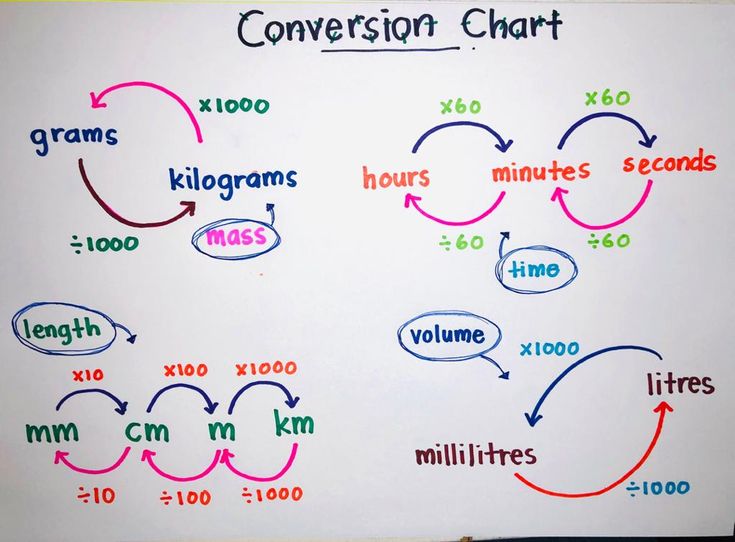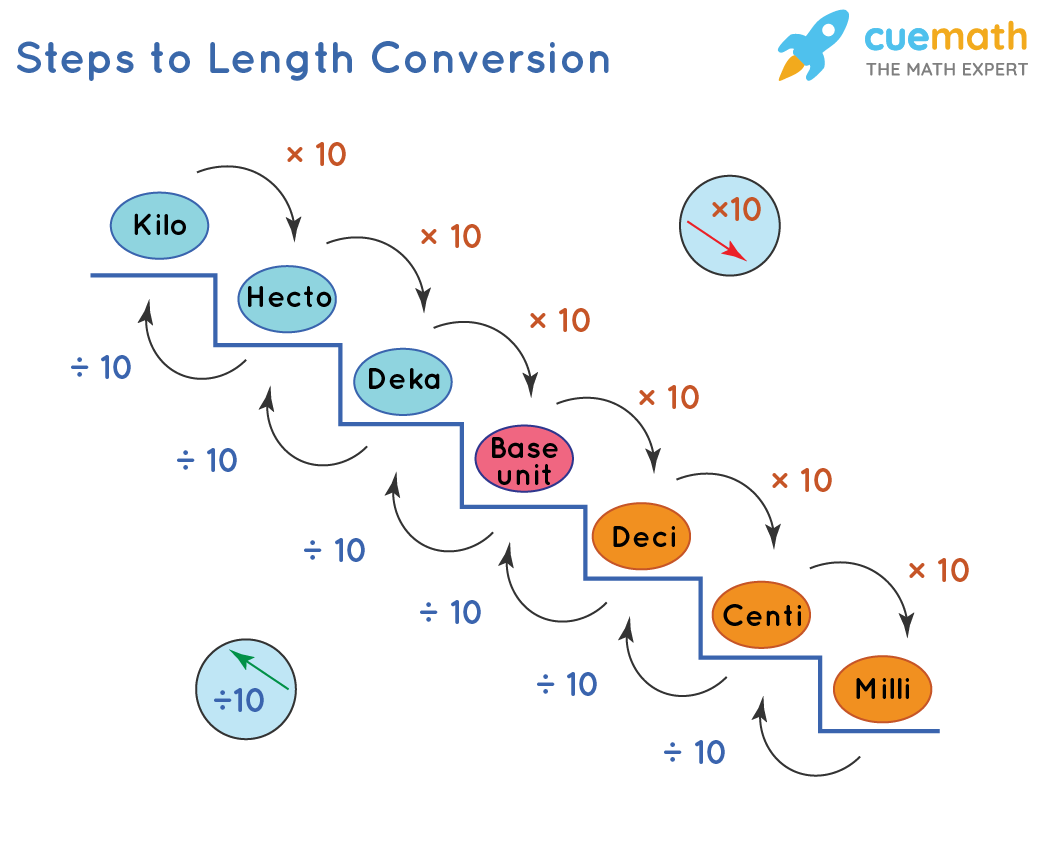Convert Measurements Easily with Our Units Worksheet

Ever found yourself puzzling over unit conversions? Whether it's converting grams to kilograms, liters to milliliters, or miles to kilometers, understanding how to convert measurements is a valuable skill. In this detailed guide, we'll explore various measurement units and provide practical exercises using our Units Worksheet to make learning conversion an engaging and straightforward process.
Understanding the Basic Units

Before we dive into conversion, let’s revisit the basic measurement units you’ll encounter:
- Length and Distance: Millimeters (mm), centimeters (cm), meters (m), kilometers (km), inches (in), feet (ft), yards (yd), and miles (mi).
- Volume: Milliliters (mL), liters (L), gallons (gal), pints (pt), and quarts (qt).
- Weight and Mass: Milligrams (mg), grams (g), kilograms (kg), ounces (oz), and pounds (lb).
- Temperature: Degrees Celsius (°C) and Degrees Fahrenheit (°F).
Each of these units forms the foundation for understanding more complex conversion scenarios.

Why Are Conversions Important?

Converting measurements is crucial for:
- Travel and Commerce: Standardizing units helps in global trade and travel.
- Engineering and Construction: Precision in construction and engineering requires accurate conversions.
- Science and Research: Scientific experiments often involve converting between different units to ensure consistency in results.
- Everyday Life: From cooking to home improvement, knowing how to convert units can save time and prevent errors.
💡 Note: While the metric system is internationally recognized, many countries still use the imperial system, making conversion knowledge invaluable.
Conversion Techniques

There are two primary methods to convert units:
Direct Conversion

This method involves using direct conversion factors:
| From | To | Conversion Factor |
|---|---|---|
| Meters (m) | Kilometers (km) | 1 km = 1000 m |
| Gallons (gal) | Liters (L) | 1 gal = 3.7854 L |

Here are the steps:
- Identify the Units: Know which units you are converting from and to.
- Multiply or Divide: Use the conversion factor. For example, to convert meters to kilometers, divide by 1000.
- Perform the Calculation: Do the math to get your result.
Dimensional Analysis

This method involves setting up conversion equations:
- Write the unit you’re converting from in a fraction (e.g., 5 m/1).
- Multiply by the conversion factor with the target unit on top and the starting unit on the bottom (e.g., 1 km/1000 m).
- Cancel out the units, and calculate.
Practical Exercises with Units Worksheet

Now, let’s practice with our Units Worksheet:
Exercise 1: Convert Kilometers to Miles

Suppose you need to convert 10 kilometers to miles.
- Find the conversion factor: 1 km ≈ 0.6214 miles
- Multiply: 10 km * 0.6214 = 6.214 miles
Exercise 2: Cooking Conversions

Imagine you’re cooking and need to convert 4 cups of flour to liters.
- 1 cup ≈ 236.588 mL
- Convert cups to milliliters: 4 cups * 236.588 mL/cup = 946.352 mL
- Convert milliliters to liters: 946.352 mL ÷ 1000 = 0.946352 L
📘 Note: For precise measurements, always use the most accurate conversion factors available, especially in fields where small errors can have significant impacts.
Exercise 3: Temperature Conversion

Convert 32°C to Fahrenheit.
- Use the formula: (°C × 9⁄5) + 32 = °F
- Calculate: (32 × 9⁄5) + 32 = 89.6°F
Summing Up Your Journey in Conversion

We’ve navigated through the vast ocean of measurement units, touching on their significance, basic understanding, conversion techniques, and practical exercises with our Units Worksheet. This journey has highlighted why conversions are essential in our daily lives, spanning from culinary arts to global travel, and ensuring precision in engineering and research. By understanding these units and their conversions, you not only enhance your mathematical literacy but also gain practical skills that can be applied in numerous real-world scenarios.
Why do we have different measurement systems?

+
Measurement systems evolved independently in different regions and cultures, leading to the development of the metric and imperial systems among others.
Is there a universal measurement system?

+
While the metric system is widely adopted due to its base-10 logic and international standardization, there is no singular ‘universal’ system; some countries still use the imperial system.
How can I remember conversion factors?

+
Using mnemonic devices, keeping a conversion chart handy, and practicing frequently can help with memorization. Tools like our Units Worksheet provide hands-on practice for better retention.